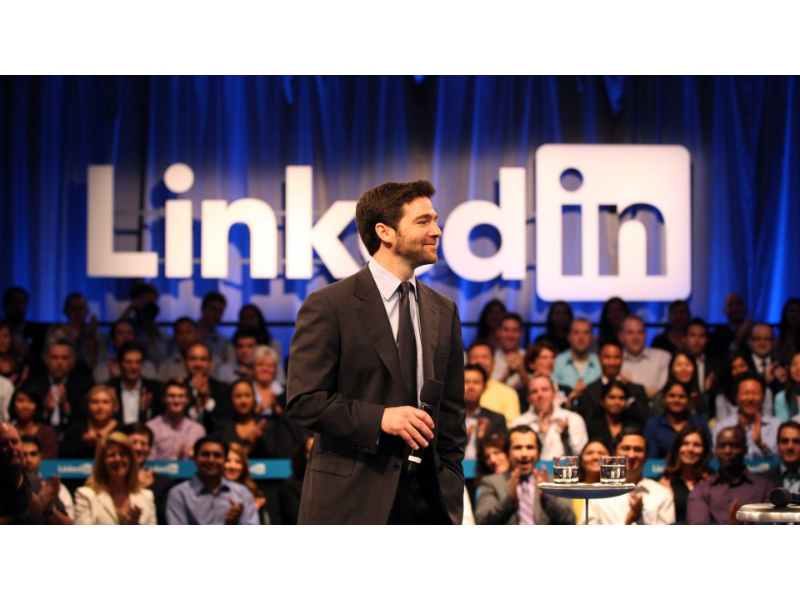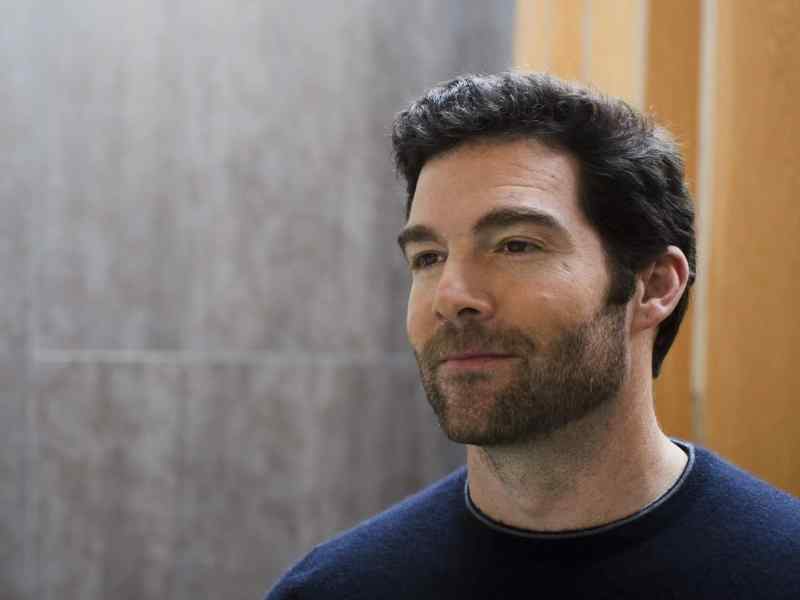- Jeff Weiner, former CEO of LinkedIn, epitomises compassionate and effective leadership in the digital age, transforming the company into a global hub for professional networking and growth.
- His emphasis on empathy, clarity of vision, and connectivity not only shaped LinkedIn’s success but also offered a blueprint for future leaders.
- Weiner’s approach to “managing compassionately” underscores the importance of understanding and empathising with others while maintaining the ability to make effective decisions, fostering a thriving organisational culture.
Jeff Weiner, the former CEO of LinkedIn and a key figure in modern corporate leadership, stands as a paragon of how empathy and connectivity can drive business success in the digital age. His tenure at LinkedIn not only transformed the professional networking platform but also redefined the role of a leader in fostering an organisation committed to compassion and effectiveness.
Also read: Who is Brian Armstrong? Coinbase CEO went from tutoring startup to billionaire crypto campaigner
Early life and education
Jeff Weiner was born in New York City on February 21, 1970. Growing up in a family with a strong emphasis on education and moral values, Weiner’s foundational years were imbued with the principles that would later guide his leadership style. He attended the Wharton School at the University of Pennsylvania, where he earned a Bachelor of Science in Economics, with a concentration in management. It was during his time at Wharton that Weiner developed a keen interest in digital technology and its potential to change the world.
Rising through the ranks
Weiner’s professional journey is a testament to his strategic vision and understanding of the digital landscape. He began his career at Warner Bros., where he worked on the development of online properties for the entertainment giant. His knack for digital strategy became evident as he helped Warner Bros. navigate the burgeoning Internet landscape in the 1990s.
In 2001, Weiner moved to Yahoo, where he ascended through the ranks to become one of the youngest members of the company’s executive team. At Yahoo, he was responsible for the Network Division, overseeing products that reached hundreds of millions of users. His successful tenure at Yahoo marked him as a significant figure in the tech industry, setting the stage for his next major role.
Transforming LinkedIn

In 2008, Weiner joined LinkedIn, a professional networking platform that, at the time, was struggling to define its identity and business model. As CEO, Weiner steered LinkedIn with a clear vision: to connect the world’s professionals to make them more productive and successful. Under his leadership, LinkedIn expanded its user base from 33 million to nearly 700 million, while its revenue increased from $78 million to over $7.5 billion.
Weiner’s leadership style is often described as “compassionate management,” a philosophy that prioritises empathy and the long-term well-being of the company’s employees and users. He fostered an inclusive corporate culture that encouraged open communication and collaboration, which played a crucial role in LinkedIn’s growth.
Key achievements and innovations
For me, being compassionate at the workplace is putting myself in the other person’s shoes and helping them achieve their objectives that are relevant to both of us and we’re aligned on it.
Jeff Weiner, former CEO of LinkedIn
Weiner helps us realise that in the corporate world where success is measured by graphs and quarterly reports, the true essence of leadership lies in recognising the intangibles. No wonder why he was given the title of Highest Rated CEO.
Earlier, when LinkedIn was just another another in the sea of social media sites, Jeff saw potential. It wasn’t just about connecting with old college friends or colleagues, it became a global hub where professionals could connect, collaborate, and carve out their career paths in order to exchange ideas, create opportunities and build careers.
Amazingly, even after achieving so much he hasn’t lost sight of what really matters in life. He once tweeted:
“One of the benefits of my getting older: Far greater appreciation for three things that are often taken for granted: Health, love and time.”
Under Weiner’s guidance, LinkedIn launched several successful products and features that revolutionised professional networking. LinkedIn Pulse, the Influencer program, and improved job matching algorithms are just a few innovations that made LinkedIn an indispensable tool for professionals worldwide. Additionally, Weiner was instrumental in LinkedIn’s expansion into China, a complex market that required nuanced understanding and strategic patience.
One of Weiner’s most notable achievements was leading LinkedIn through its IPO in 2011 and subsequent sale to Microsoft in 2016 for $26.2 billion. This acquisition was one of the largest technology deals at the time and signified Microsoft’s intention to delve deeper into the social networking and professional development arenas.
Philanthropy and thought Leadership
Beyond his corporate achievements, Weiner is deeply committed to philanthropy and societal improvement. He established a nonprofit foundation that focuses on creating economic opportunity for the underserved. Weiner frequently speaks on the importance of compassion in leadership, the future of work, and the role of technology in society.
Legacy and continued Influence
Although Weiner stepped down as CEO of LinkedIn in 2020, his influence on the company and the broader business community remains profound. He transitioned to an executive chairman role, where he continues to mentor leaders and help shape strategic decisions. His insights on managing through change and fostering a collaborative, empathetic workplace culture are more relevant than ever in today’s fast-paced, often uncertain business environment.
Role of compassion in leadership
Managing compassionately isn’t merely a strategy for team-building; it’s foundational for constructing a thriving company.
Jeff Weiner, former CEO of LinkedIn
Leadership, for Weiner, goes beyond strategy and vision. It’s about compassion. He openly acknowledges engaging in a kind of leadership that he terms “managing compassionately”—a kind of leadership that is characterised by “walking a mile in another person’s shoes.” This involves understanding and empathising with others while maintaining enough distance to make effective decisions.
Weiner clarifies a common misconception: A lot of people tend to consider compassion synonymous with empathy and there are key distinctions between the two. Empathy is feeling what one another living being feels whereas compassion is maintaining a distance between you and that person so that you can do something about what they feel.
“Managing compassionately isn’t merely a strategy for team-building; it’s foundational for constructing a thriving company,” Weiner asserts.
He takes a conscious approach to leadership by sharing a story by the Dalai Lama. As Dalai Lama shares, if you were walking and you come across a person with a boulder on their chest and they’re suffocating, the empathetic response is to feel the same sense of suffocation and if that were the case you wouldn’t be able to do anything about their suffering and the compassionate response is to recognise that they’re suffering and to draw on a previous experience that you’ve had where you’ve been suffering a similar way and do everything in your power to lift the boulder off their chest.
“For me, being compassionate at the workplace is putting myself in the other person’s shoes and helping them achieve their objectives that are relevant to both of us and we’re aligned on it.”
Conclusions
Jeff Weiner’s journey from a young graduate with a passion for technology to one of the most respected leaders in the tech industry is not just a story of personal success but a blueprint for building compassionate, effective organisations. His emphasis on empathy, clarity of vision, and the relentless pursuit of connectivity has not only shaped LinkedIn but also offers a model for future leaders aiming to make a meaningful impact in the digital world.
Weiner’s legacy teaches us that in the realm of business, connectivity isn’t just about professional networks—it’s about connecting with people on a human level to drive real, sustainable change. As we continue to navigate the complexities of the digital age, leaders like Jeff Weiner remind us that at the heart of all technology, it’s the human connections that matter most.

